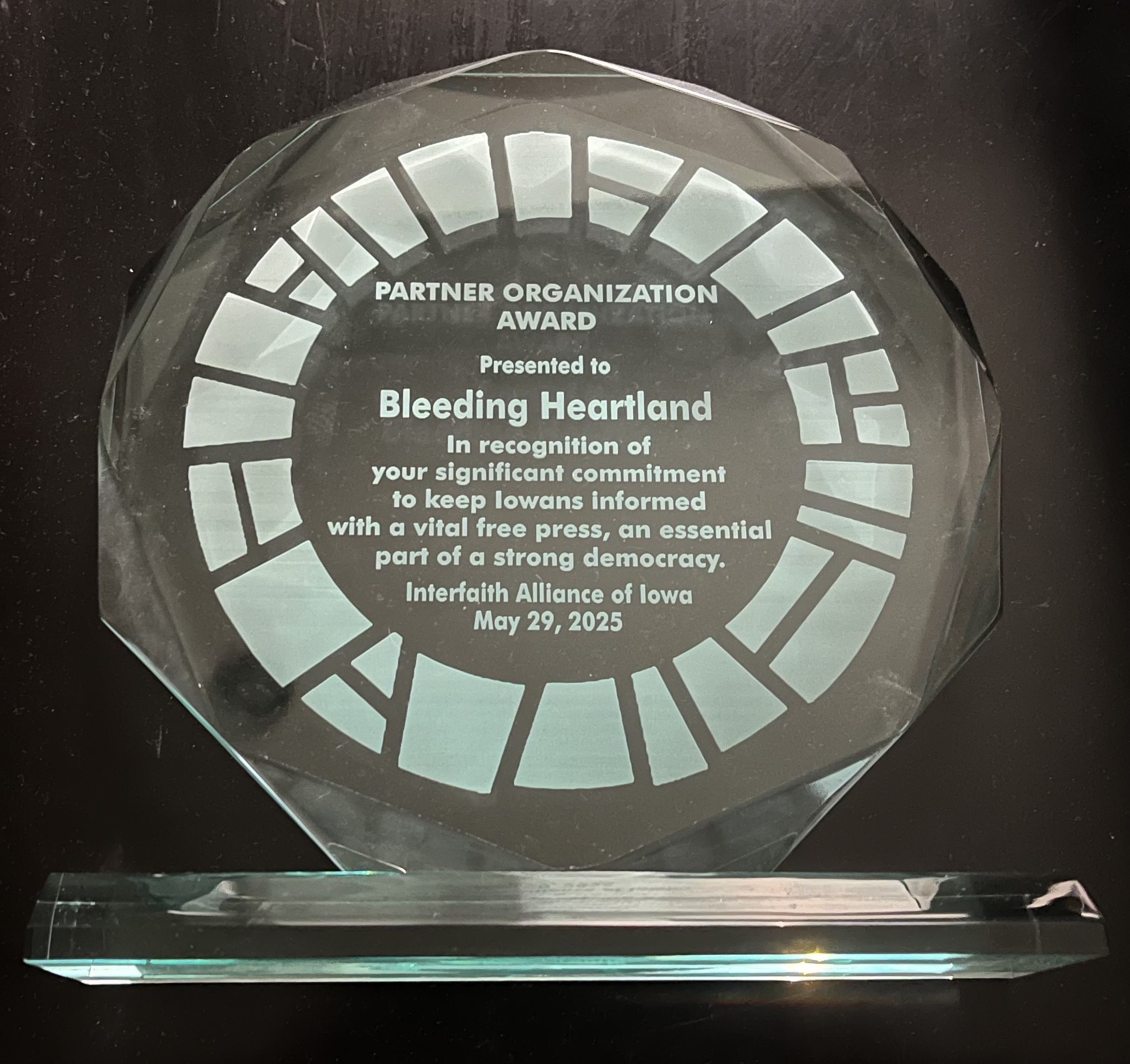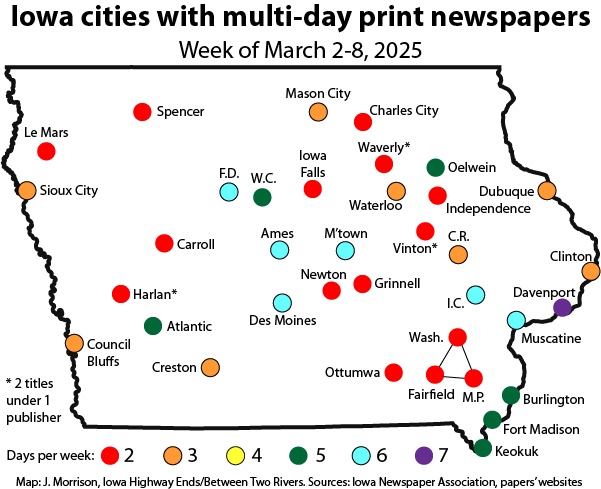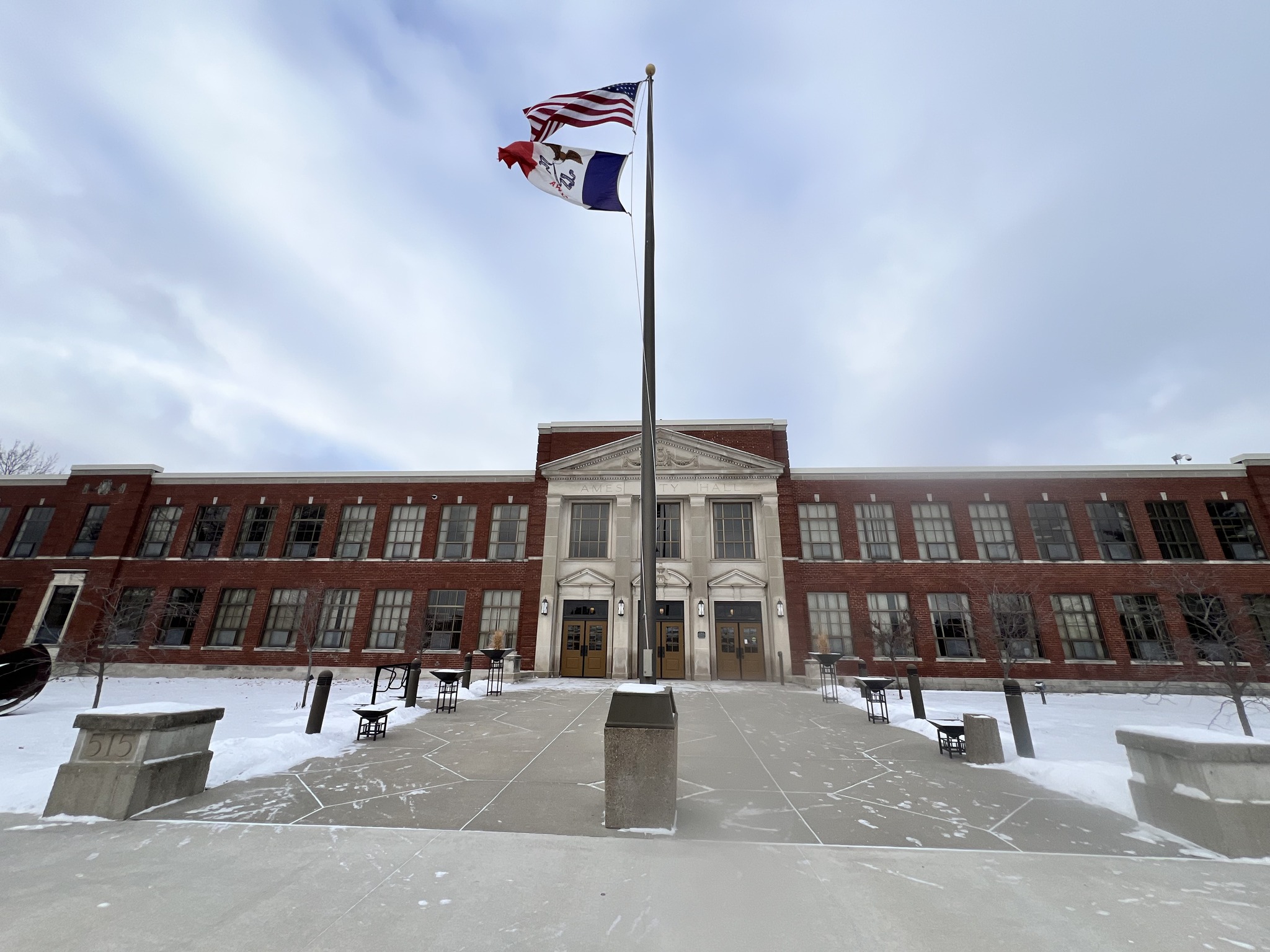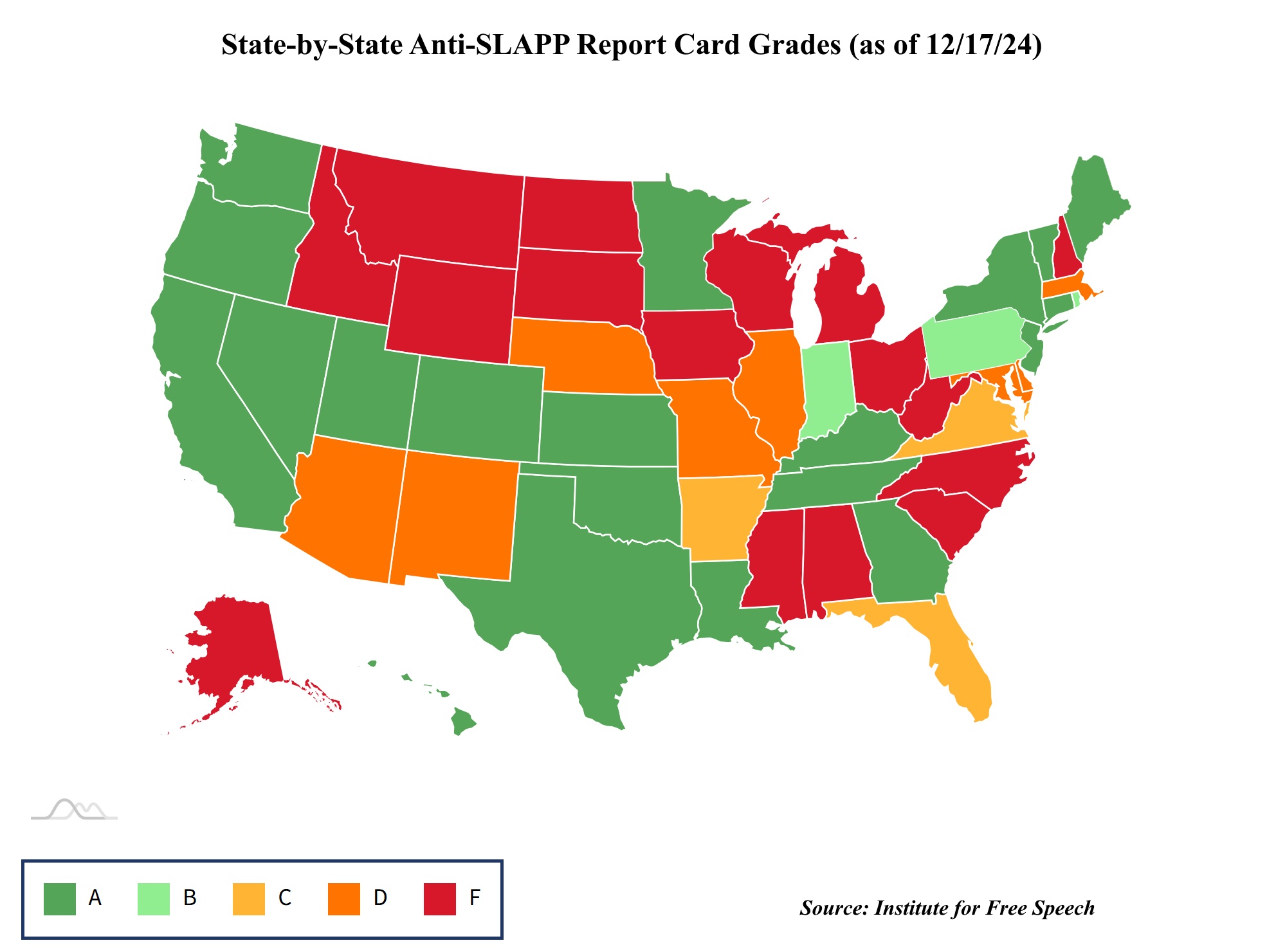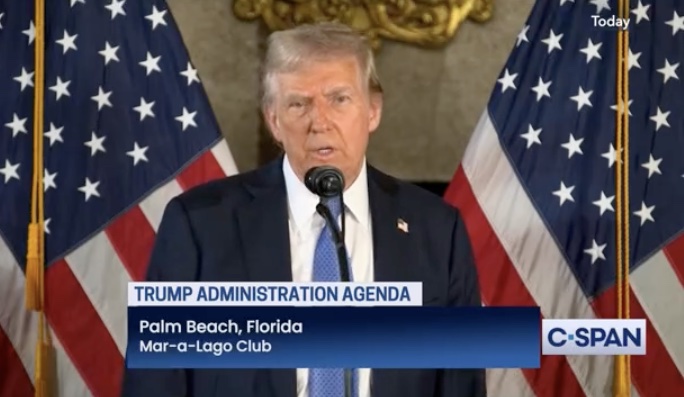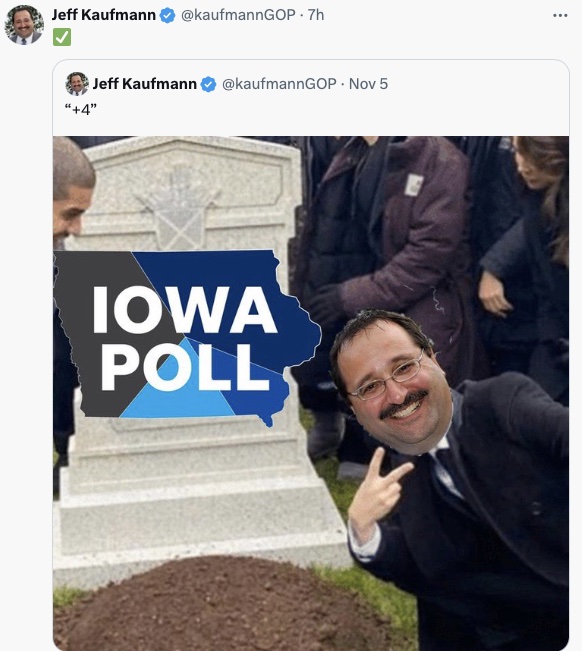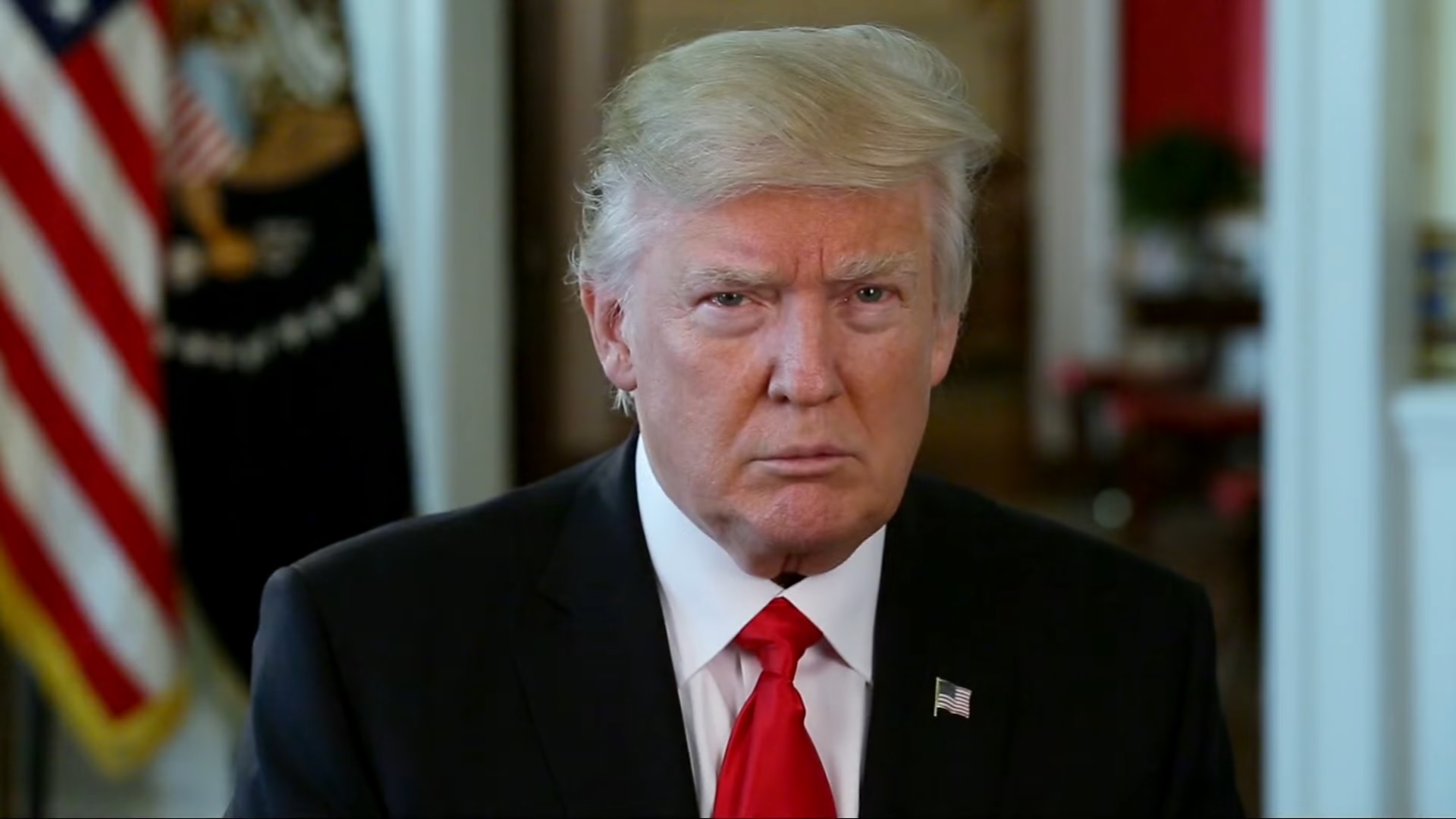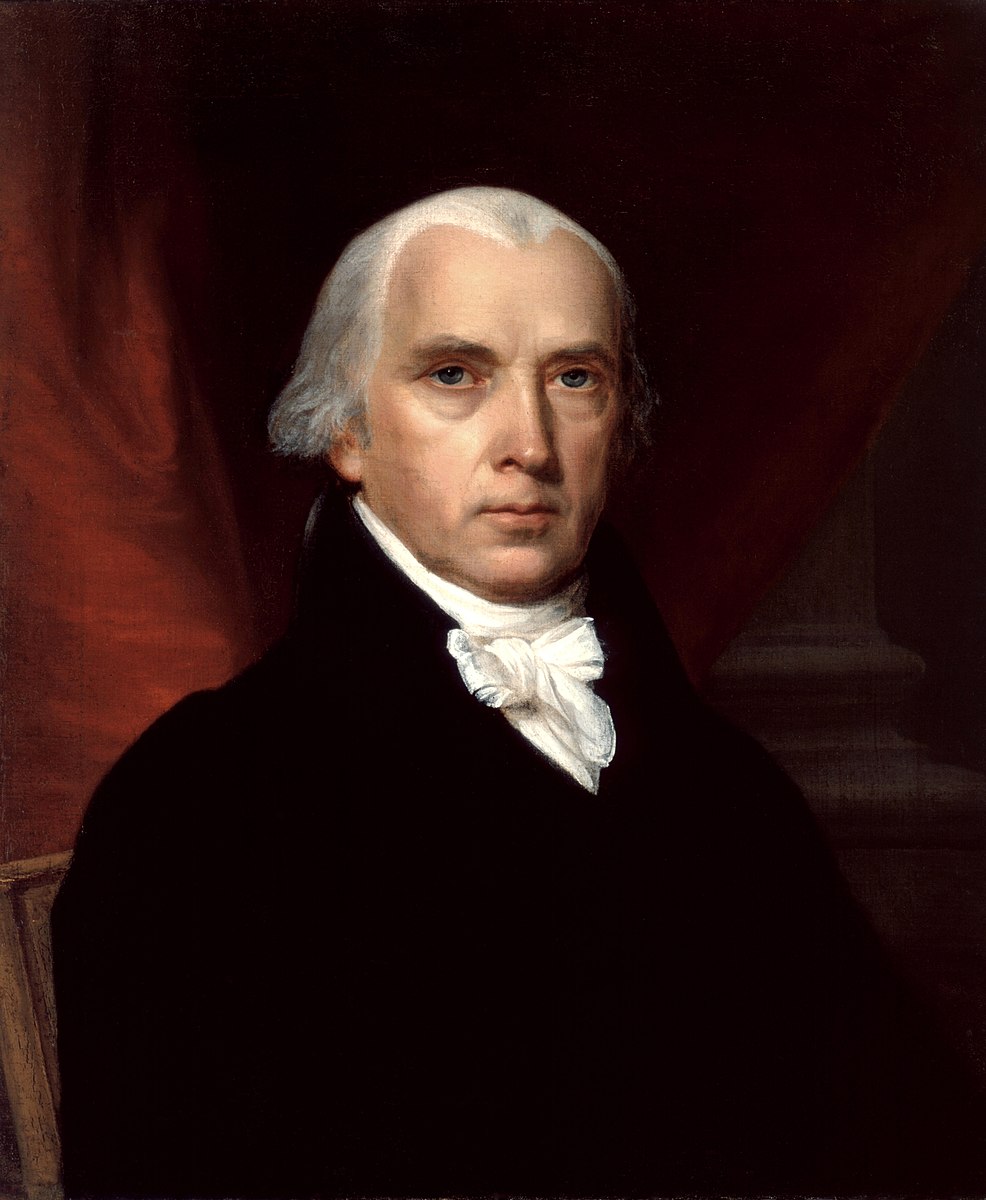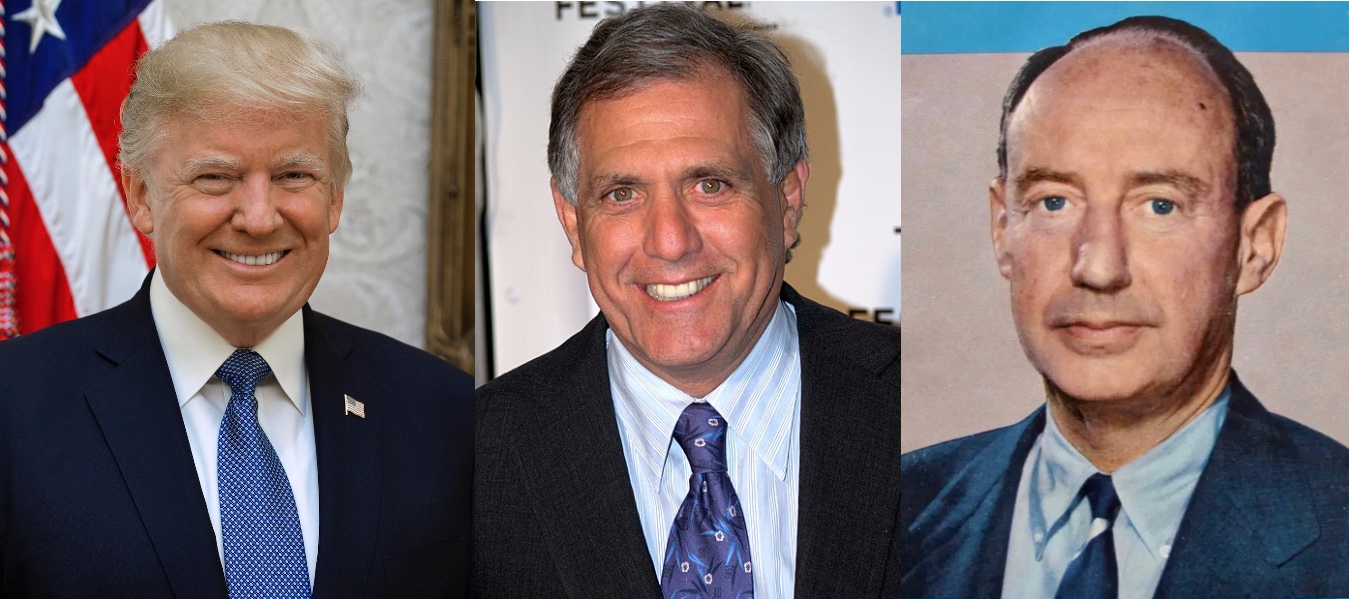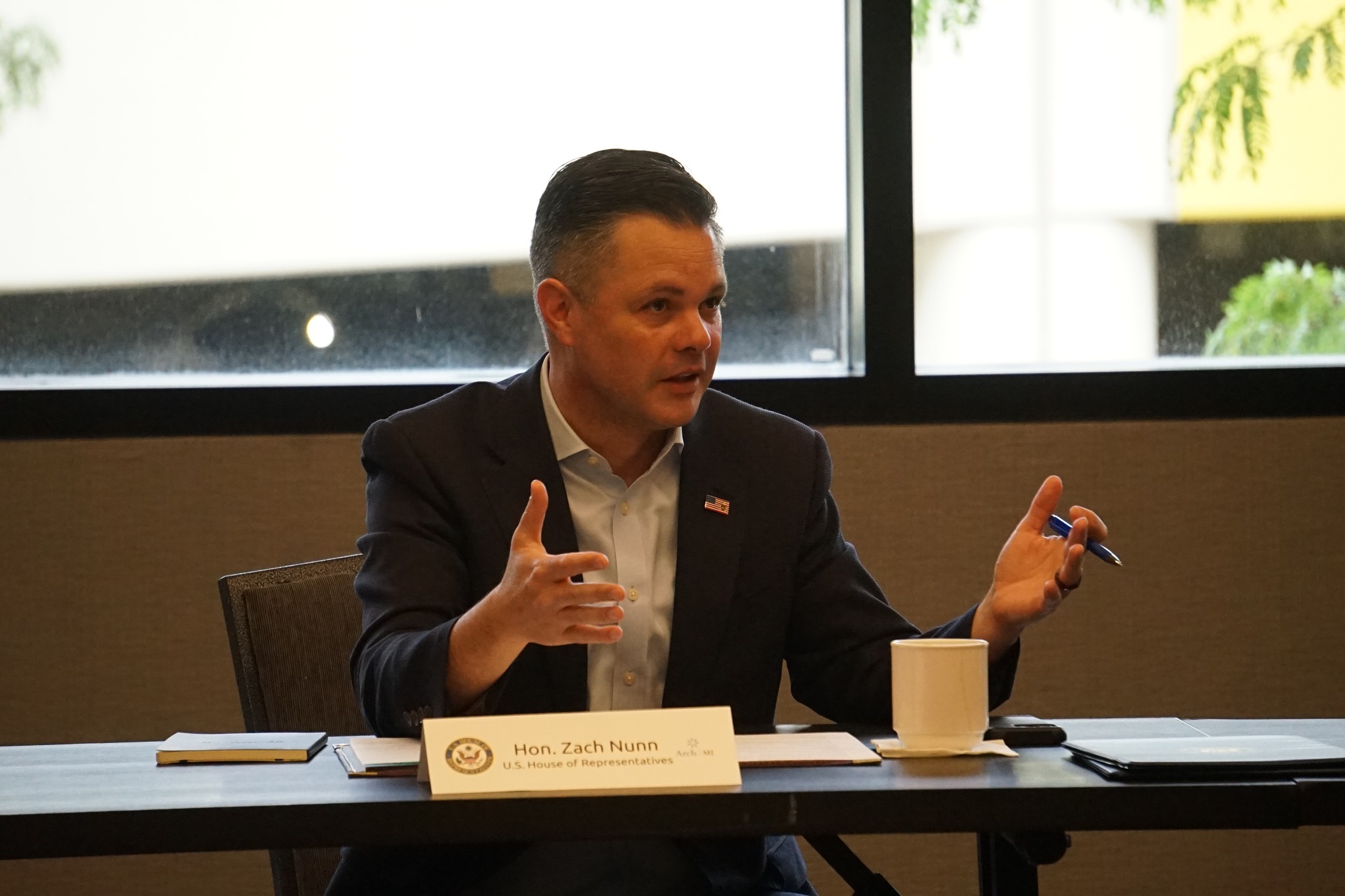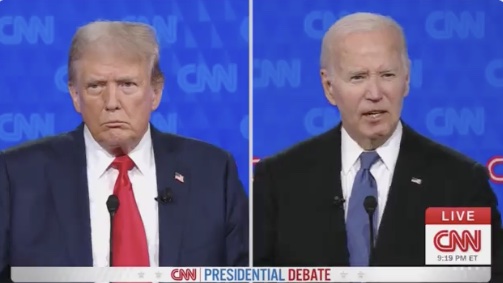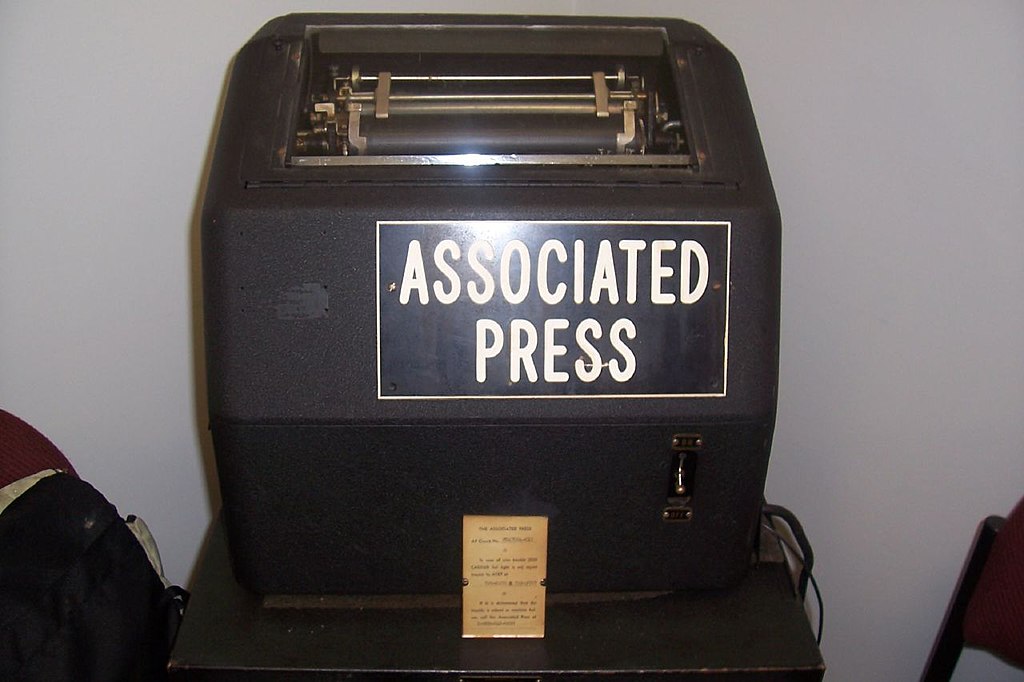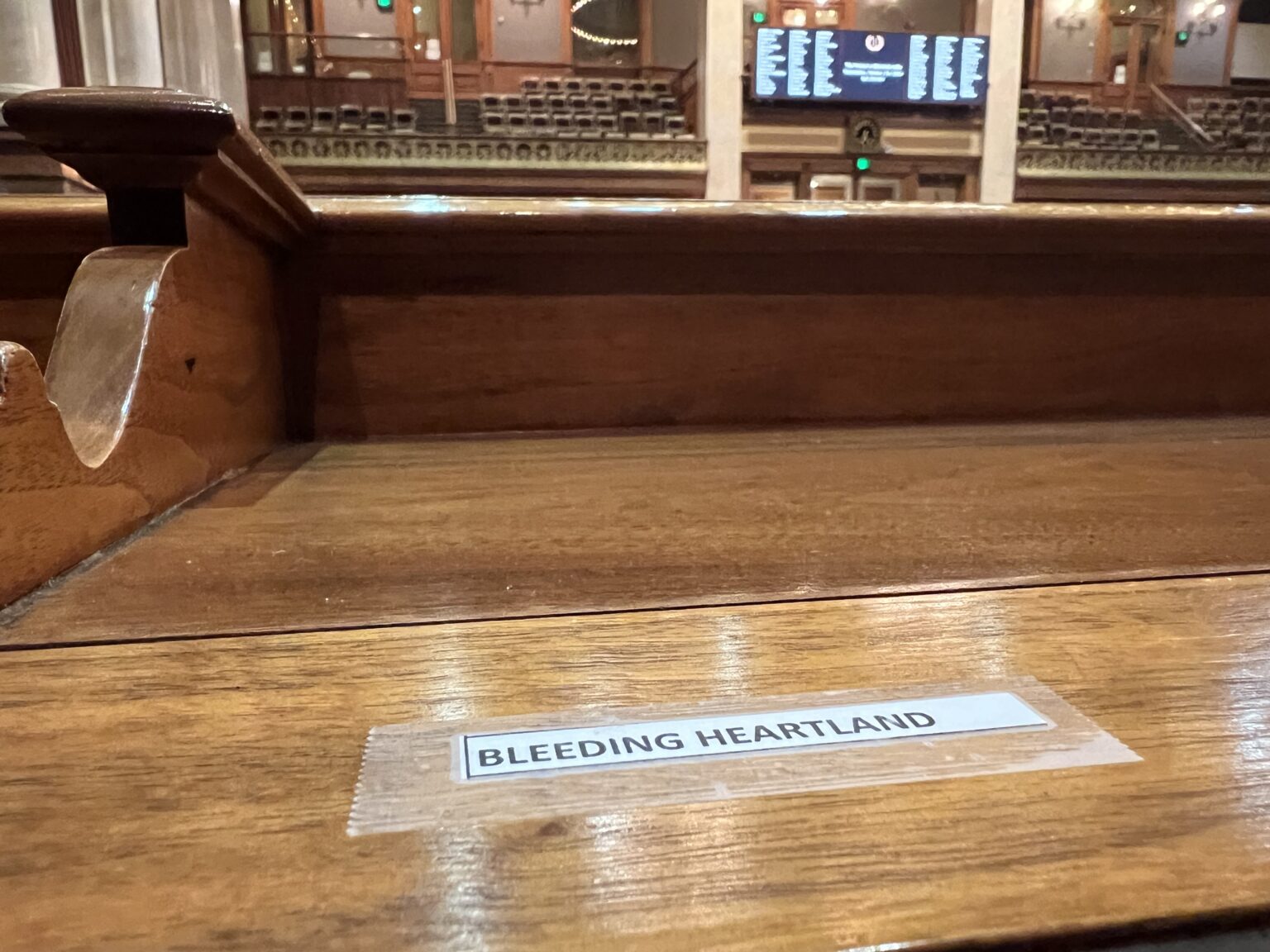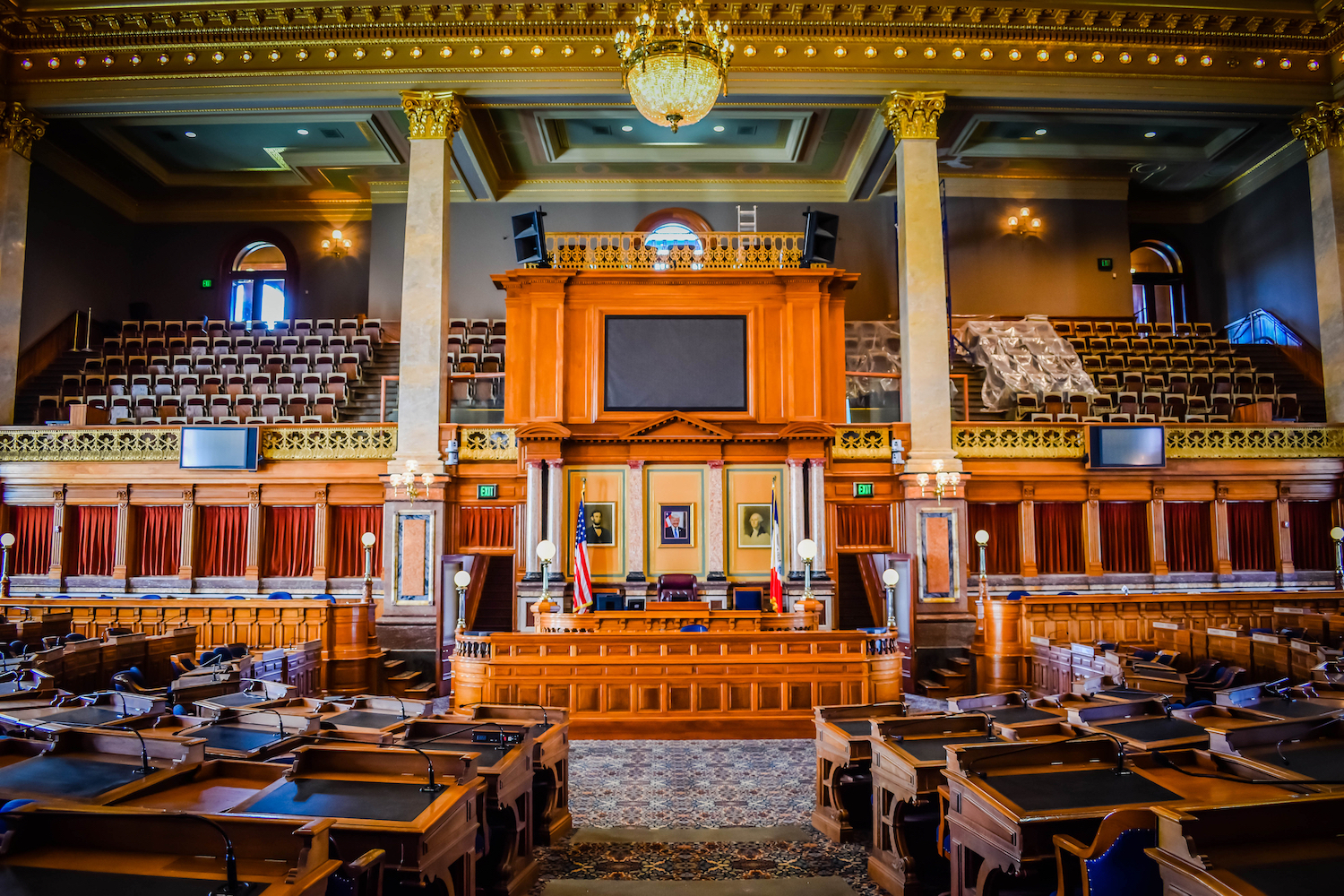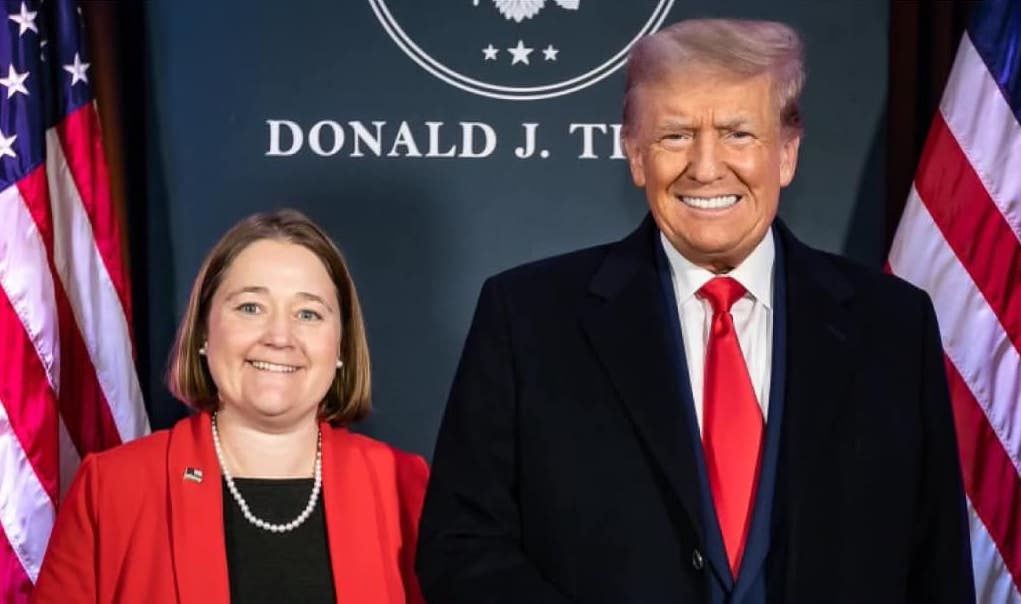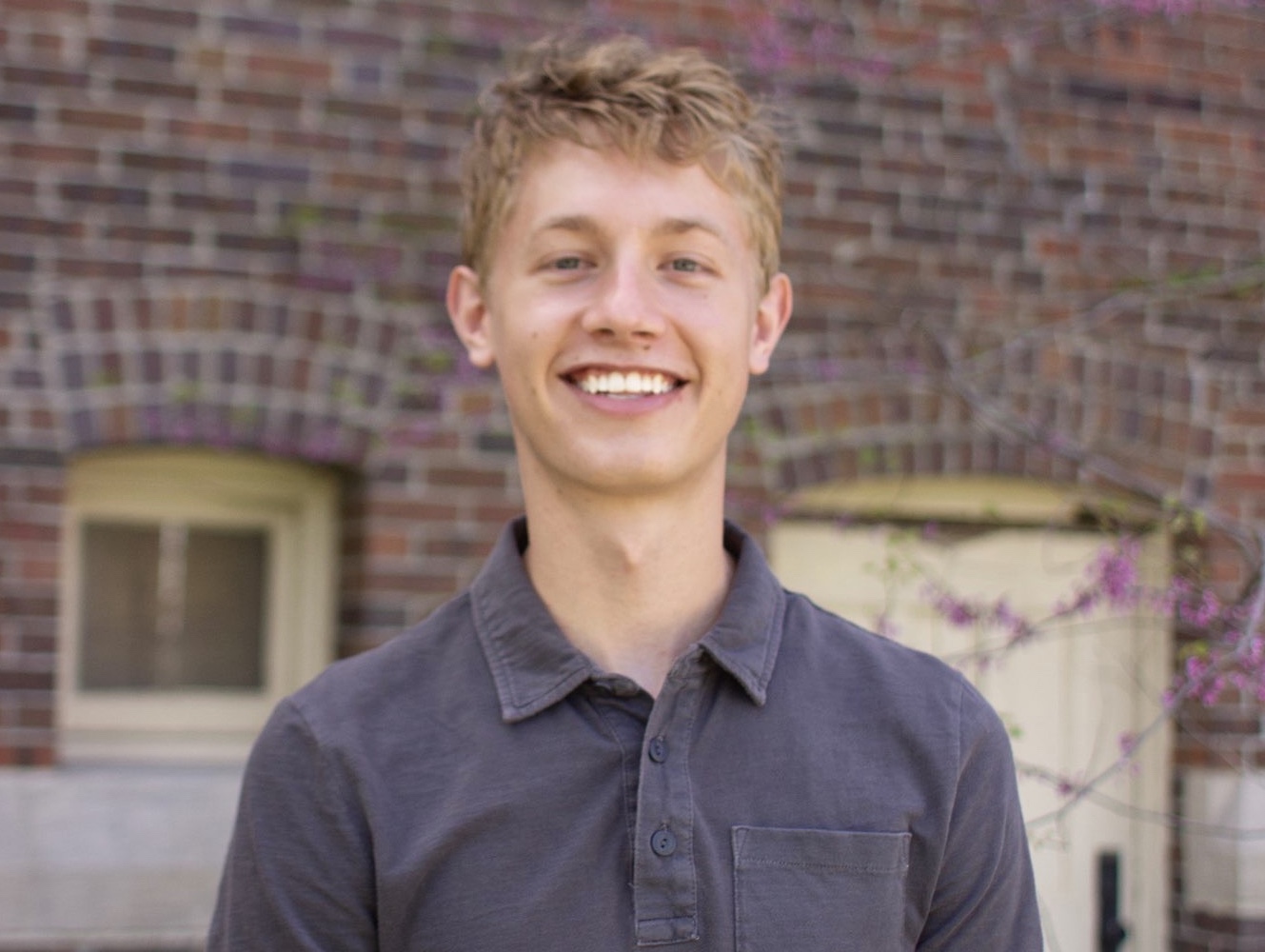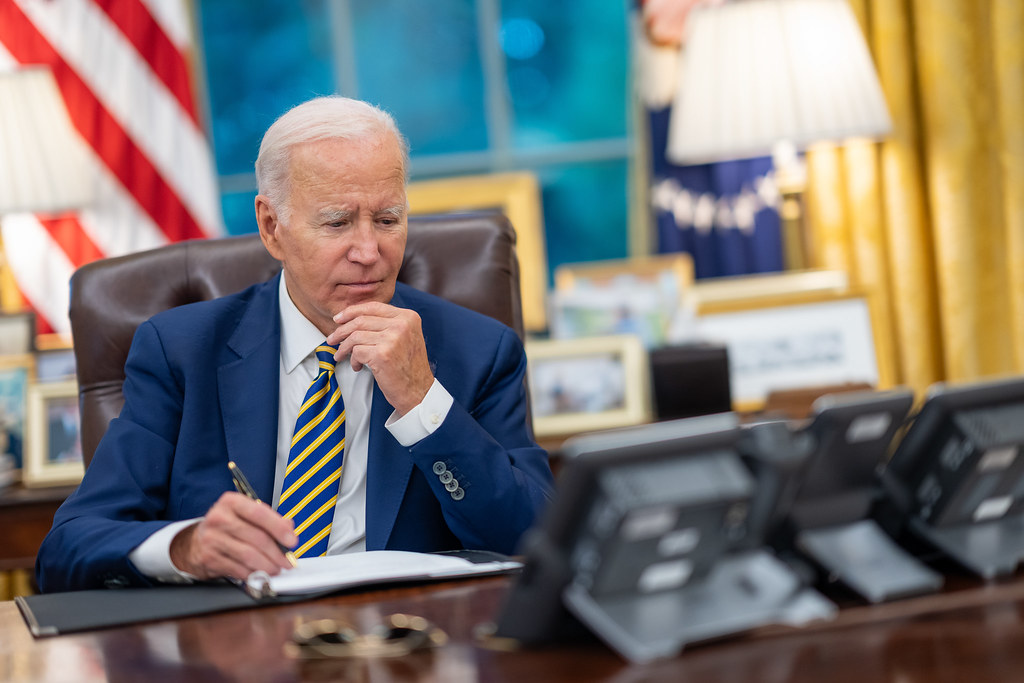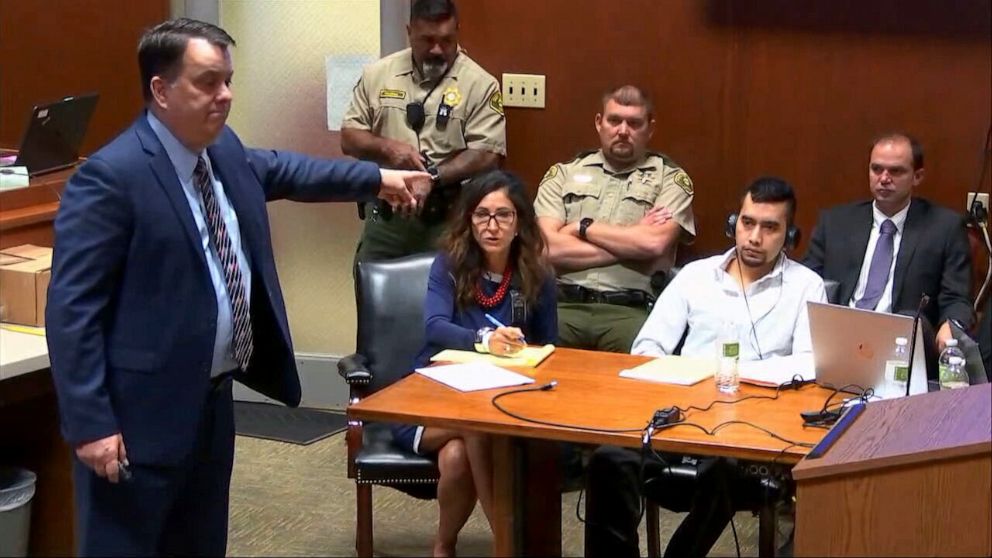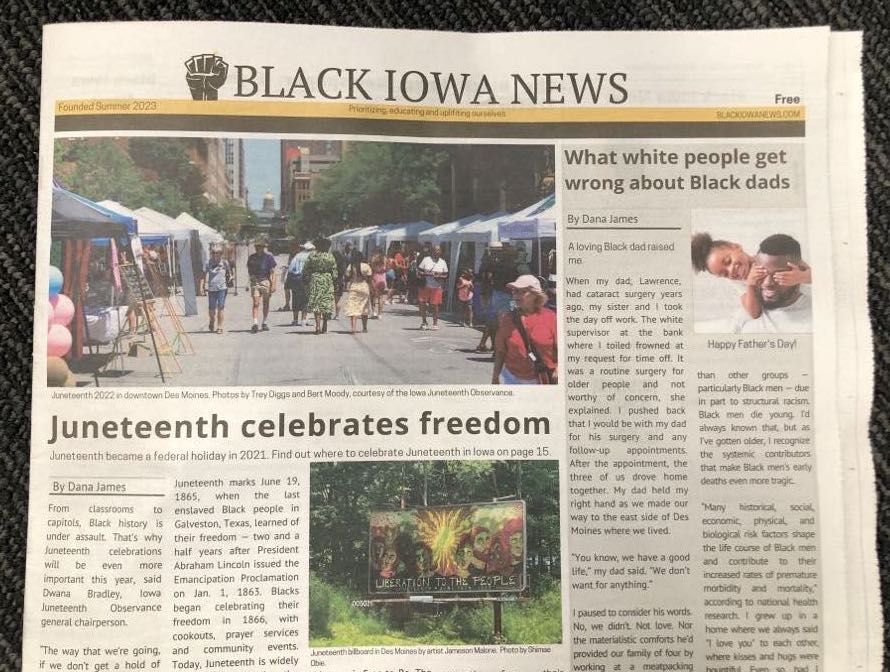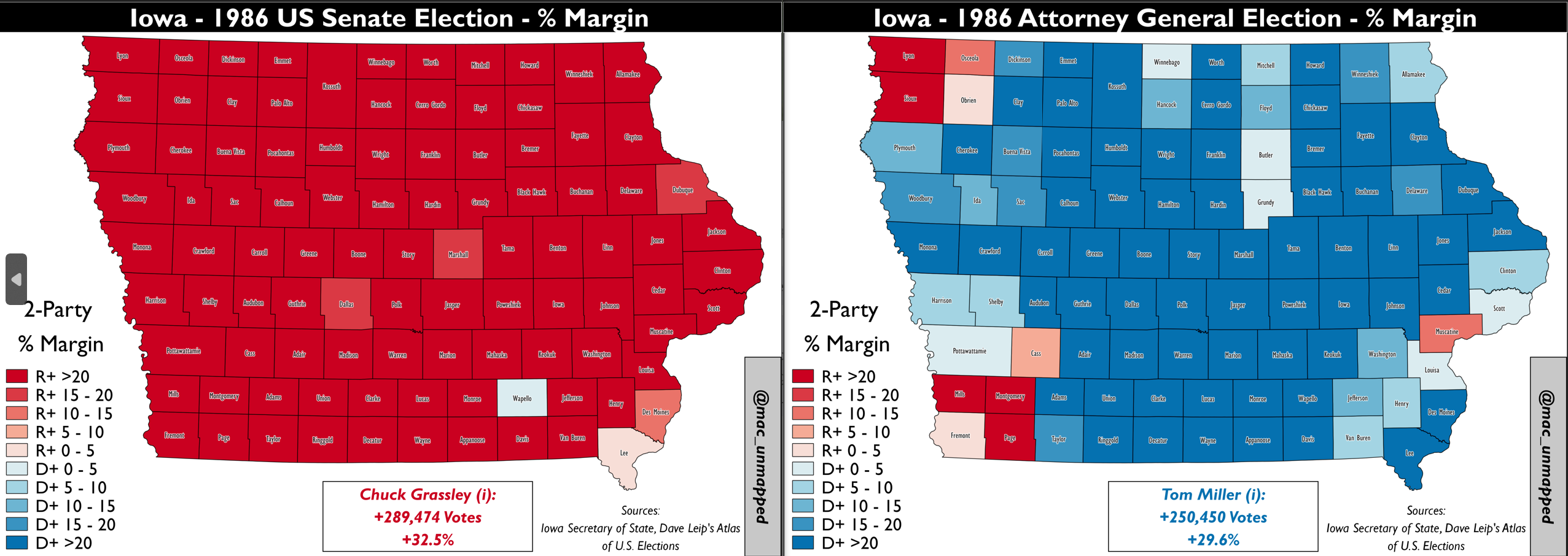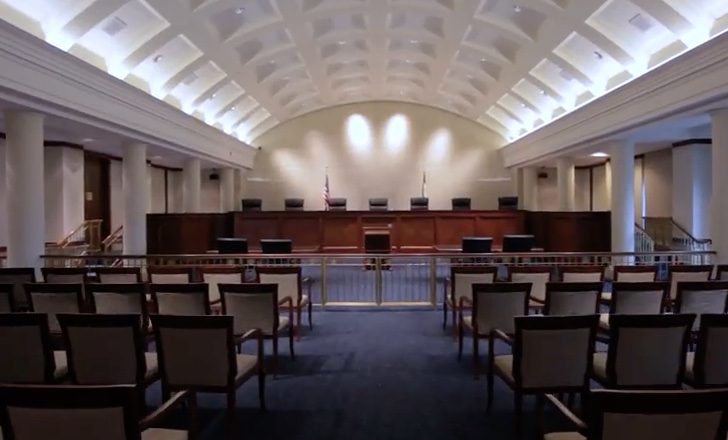UPDATE: Days after this lawsuit was filed, the chief clerk granted me press credentials for the remainder of the 2024 legislative session. In January 2025, I received credentials to report from the Iowa House press bench for the 2025 session. Original post follows.
“The First Amendment prohibits government officials from arbitrarily denying reporters access to official information, and from discriminating against reporters based on their viewpoint,” declares a federal lawsuit filed on my behalf on January 19. Yet since 2019, the Iowa House Chief Clerk “has arbitrarily applied an ever-shifting credentialing system” to limit my “ability to gather and report political news” from the Iowa House chamber.
The Institute for Free Speech filed the suit in the U.S. District Court for the Southern District of Iowa, making four claims under the U.S. Constitution. First, by denying me access to the Iowa House press bench, where other statehouse reporters can closely observe House debate and attend regular briefings by House Speaker Pat Grassley, Chief Clerk Meghan Nelson is violating my First Amendment rights of free speech and freedom of the press.
Second, the complaint also states that Nelson’s policy, limiting access to reporters who provide “nonpartisan news to a broad segment of the public,” amounts to unconstitutional content-based and viewpoint-based discrimination, on its face and as applied to me.
Third, Nelson’s press credential policy “constitutes a prior restraint in violation of the First Amendment.” Chief Clerk Nelson has “unbridled discretion” to grant reporters access to the House press box, and “relies on the undefined, broad terms of the credential policy to subjectively exclude news media and deprive them of the ability to gather news in a manner equal to that afforded to other media representatives.”
Finally, the suit asserts that the press credential policy is vague in violation of my “First Amendment rights to free speech and press and Fourteenth Amendment right to due process.”
Continue Reading...


